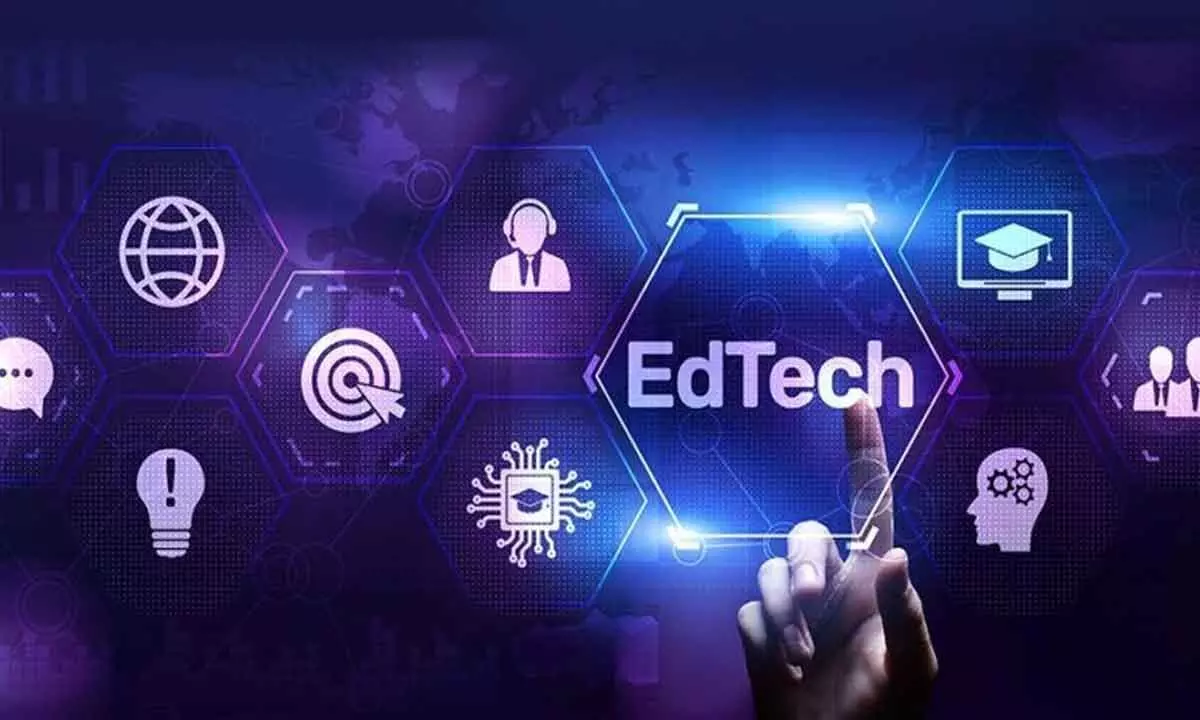Revolutionising education: Edtech trends

The rise of microlearning is also set to change the educational landscape. Microlearning involves delivering content in small, manageable chunks, often in the form of short videos or interactive modules. This approach aligns with the modern learner’s preference for concise, easily digestible information. Microlearning is particularly effective for professional development and skills training, where learners can quickly acquire and apply new knowledge.The integration of blockchain technology in education is emerging as a promising trend. Blockchain can provide secure, transparent, and tamper-proof records of academic achievements, certifications, and credentials. This not only simplifies the verification process for employers and institutions but also empowers students with control over their academic records.
The landscape of education is continually evolving, and 2024 is poised to witness groundbreaking advancements in educational technology (edtech) that will significantly transform how we teach and learn. These emerging trends are not just enhancing the educational experience but are also making learning more accessible, personalized, and engaging.
One of the most prominent trends in edtech is the widespread adoption of Artificial Intelligence (AI). AI is revolutionizing education by offering personalized learning experiences tailored to individual students’ needs. Through sophisticated algorithms, AI can analyze students’ learning patterns and provide customized content that addresses their strengths and weaknesses. This not only helps in improving academic performance but also ensures that each student receives the attention they need to succeed.
Virtual Reality (VR) and Augmented Reality (AR) are also making significant strides in the educational sector. These technologies offer immersive learning exWperiences that can transport students to different times and places, making learning more interactive and engaging. For instance, history lessons can come to life as students virtually explore ancient civilizations, or biology classes can take students inside the human body to better understand complex systems. This experiential learning approach enhances retention and understanding, making education more impactful.
Another critical trend is the increasing use of Learning Management Systems (LMS). LMS platforms are becoming more sophisticated, integrating features like AI-driven analytics, gamification, and social learning. These systems provide a comprehensive framework for managing, delivering, and tracking educational courses, making them invaluable tools for both educators and students. The integration of gamification elements in LMS, such as badges, leaderboards, and interactive quizzes, can significantly boost student engagement and motivation. The rise of microlearning is also set to change the educational landscape. Microlearning involves delivering content in small, manageable chunks, often in the form of short videos or interactive modules. This approach aligns with the modern learner’s preference for concise, easily digestible information. Microlearning is particularly effective for professional development and skills training, where learners can quickly acquire and apply new knowledge.
Moreover, the integration of blockchain technology in education is emerging as a promising trend. Blockchain can provide secure, transparent, and tamper-proof records of academic achievements, certifications, and credentials. This not only simplifies the verification process for employers and institutions but also empowers students with control over their academic records.
Finally, the focus on social-emotional learning (SEL) is gaining momentum in edtech. SEL programs aim to develop students’ emotional intelligence, resilience, and interpersonal skills, which are crucial for their overall well-being and success. Edtech tools are increasingly incorporating SEL components, providing resources and activities that promote mindfulness, empathy, and emotional regulation.
In conclusion, by making learning more personalized, immersive, and accessible. AI, VR/AR, LMS, microlearning, blockchain, and SEL are all playing pivotal roles in shaping the future of education. As these technologies continue to evolve, they promise to create a more engaging and effective learning environment for students worldwide.











